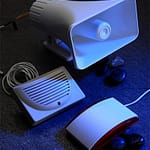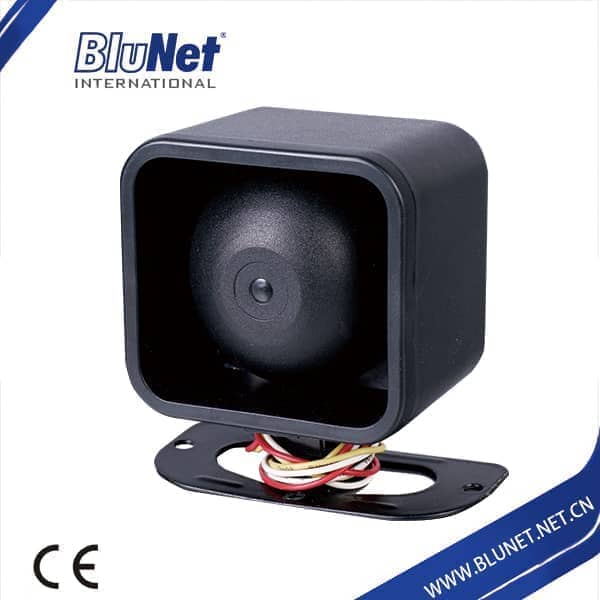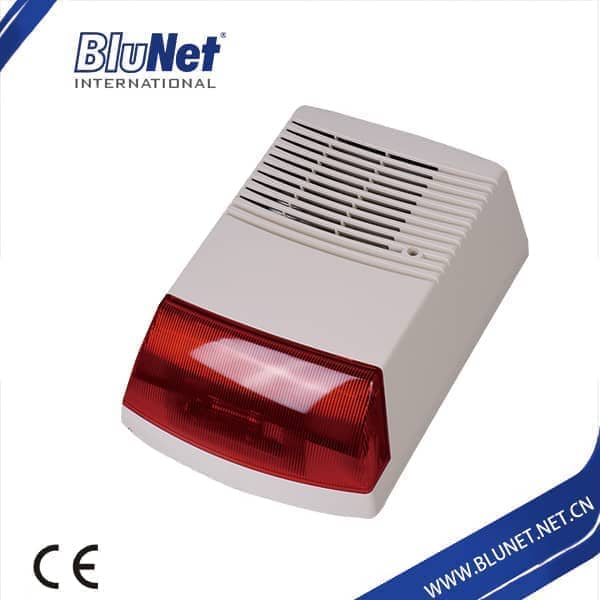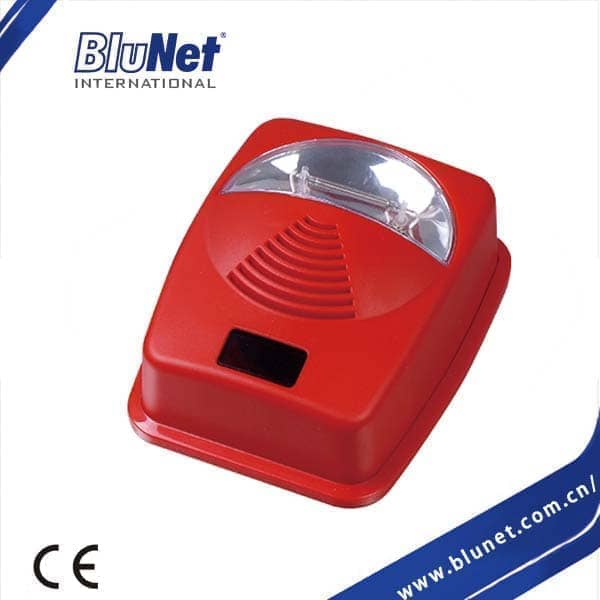FEEL FREE TO ASK US
FAQ about siren alarm, smoke detector
DSW offers a full range of emergency lighting, siren alarm, security alarm solutions combined safety with energy efficiency, which equipped with long-life, low energy LEDs.
- Quality
- Accuracy
- Safety
- Reliance
GENERAL QUESTIONS
Frequently asked questions
Siren alarms are a staple in modern security systems. These devices are typically activated by magneict contact, seucrity cameras, motion sensors, photoelectric sensor, or fire alarms. When triggered, they emit a loud, piercing sound designed to scare off intruders and alert you, the homeowner, to a potential security threat.
A motion detector senses movement by detecting heat in its field of view. Your security system offers two arming modes: "Away" and "Stay." In "Away" mode, the motion sensor is active and will trigger an alarm if it detects movement. In "Stay" mode, the motion sensor is turned off and won’t trigger an alarm. To extend battery life, the sensor will enter a temporary inactive state for three minutes after being triggered.
Because motion sensors are sensitive to heat, it's best to avoid these locations:
- In direct sunlight
- Facing a window
- In rooms with a lot of pets or where pets are very active
- Near air vents, especially when the heat is on
- Close to shelves or high furniture where small pets might climb
- In areas where water could condense on the sensor
The smoke detector features cutting-edge technology, including advanced algorithms and a sophisticated photoelectric optical sensor, to enhance its ability to detect smoke particles from burning synthetic materials.
This new technology ensures that the smoke detector activates the fire alarm more quickly when synthetic smoke is detected, as opposed to the smoke from regular cooking, reducing the chances of false alarms and increasing safety.
For optimal performance, avoid installing the sensor near air vents or areas with drafts, as these can carry particles that may trigger false alarms.
- Siren: Produces loud, high-decibel sounds to alert people to danger.
- Strobe: A visual alert that uses flashing lights to catch attention, especially in noisy or hearing-impaired environments.
Combined siren and strobe units offer both auditory and visual warnings for maximum effectiveness.
Yes, most alarm systems, including sirens and smoke alarms, have battery backups to ensure they function during power outages. Regular testing of these backups is crucial.
TECHNICAL QUESTIONS
Frequently asked questions
- Mount the siren at a high, visible location to maximize sound projection and visibility of strobe lights.
- Use the provided brackets and screws to secure it to a stable surface.
- Connect the power supply (12–15V DC) and trigger wires according to the wiring diagram in the user manual.
- Ensure tamper switches are engaged during installation for security.
Piezo alarms and electromagnetic sirens are two of the most common types of alarms used in electronic devices. Electromagnetic alarms use a magnetic field to produce a sound wave, while piezo alarms use the piezoelectric effect. The main difference between the two types of alarms is their efficiency and durability.
Piezo alarms are generally more efficient and durable than electromagnetic alarms. Piezo alarms can produce a loud, high-pitched sound using very little power, making them ideal for battery-powered devices. They are also more durable because they do not have any moving parts that can wear out over time.
There are several types of alarm motion detectors available, each with its own pros and cons. The most common types of alarm motion detectors are PIR and microwave detectors. PIR detectors are the most popular type of alarm motion detector and are widely used in homes and businesses. They are inexpensive, easy to install, and reliable. Microwave detectors, on the other hand, are more expensive and can be more difficult to install. However, they are more sensitive than PIR detectors and can detect motion through walls and other obstacles.
Another type of alarm motion detector is the dual technology detector, which combines both PIR and microwave technology. These detectors are more expensive than PIR or microwave detectors but offer increased sensitivity and accuracy.
There are three main types of smoke detectors: ionization smoke detectors, photoelectric smoke detectors, and dual-sensor smoke detectors. Each type has its own advantages and disadvantages, and choosing the right type for your home depends on your specific needs and preferences.
### Ionization Smoke Detectors
Ionization smoke detectors are the most common type of smoke detector. They work by using a small amount of radioactive material to ionize the air inside the detector. When smoke enters the detector, it disrupts the ionization process, triggering the alarm.
One advantage of ionization smoke detectors is that they are sensitive to fast-burning fires, which produce small smoke particles that can be difficult for other types of smoke detectors to detect. However, they are less sensitive to slow-burning fires, which produce larger smoke particles. Ionization smoke detectors can also be prone to false alarms, especially if they are located near kitchens or bathrooms.
### Photoelectric Smoke Detectors
Photoelectric smoke detectors use a beam of light to detect smoke. When smoke enters the detector, it scatters the light beam, triggering the alarm. Photoelectric smoke detectors are more sensitive to slow-burning fires, which produce larger smoke particles, making them a good choice for bedrooms and living areas.
One disadvantage of photoelectric smoke detectors is that they can be less sensitive to fast-burning fires, which produce small smoke particles. They can also be more expensive than ionization smoke detectors.
### Dual-Sensor Smoke Detectors
Dual-sensor smoke detectors combine both ionization and photoelectric sensors to provide the most comprehensive smoke detection possible. They are sensitive to both fast-burning and slow-burning fires, making them an excellent choice for all areas of the home.
Dual-sensor smoke detectors can be more expensive than single-sensor models, but they provide the most comprehensive smoke detection available. They are also less prone to false alarms than ionization smoke detectors.
### Smart Smoke Detectors
Smart smoke detectors are a relatively new type of smoke detector that connects to your home's Wi-Fi network. They can send alerts to your smartphone or other electronic devices, providing early warning of the presence of smoke, even if you're not at home.
The maximum distance depends on the wire gauge and power requirements:
- For 12V sirens, a 16-gauge wire can extend up to 30 meters, while a 14-gauge wire can go further.
- Always refer to the manufacturer’s recommendations to ensure proper functionality.
SPL stands for Sound Pressure Level, measured in decibels (dB). It indicates the loudness of the siren at a specific distance (e.g., 120 dB at 1 meter).
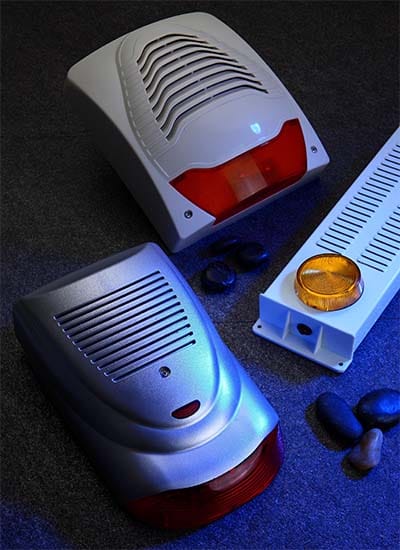

Ask Us
Quick contact form





